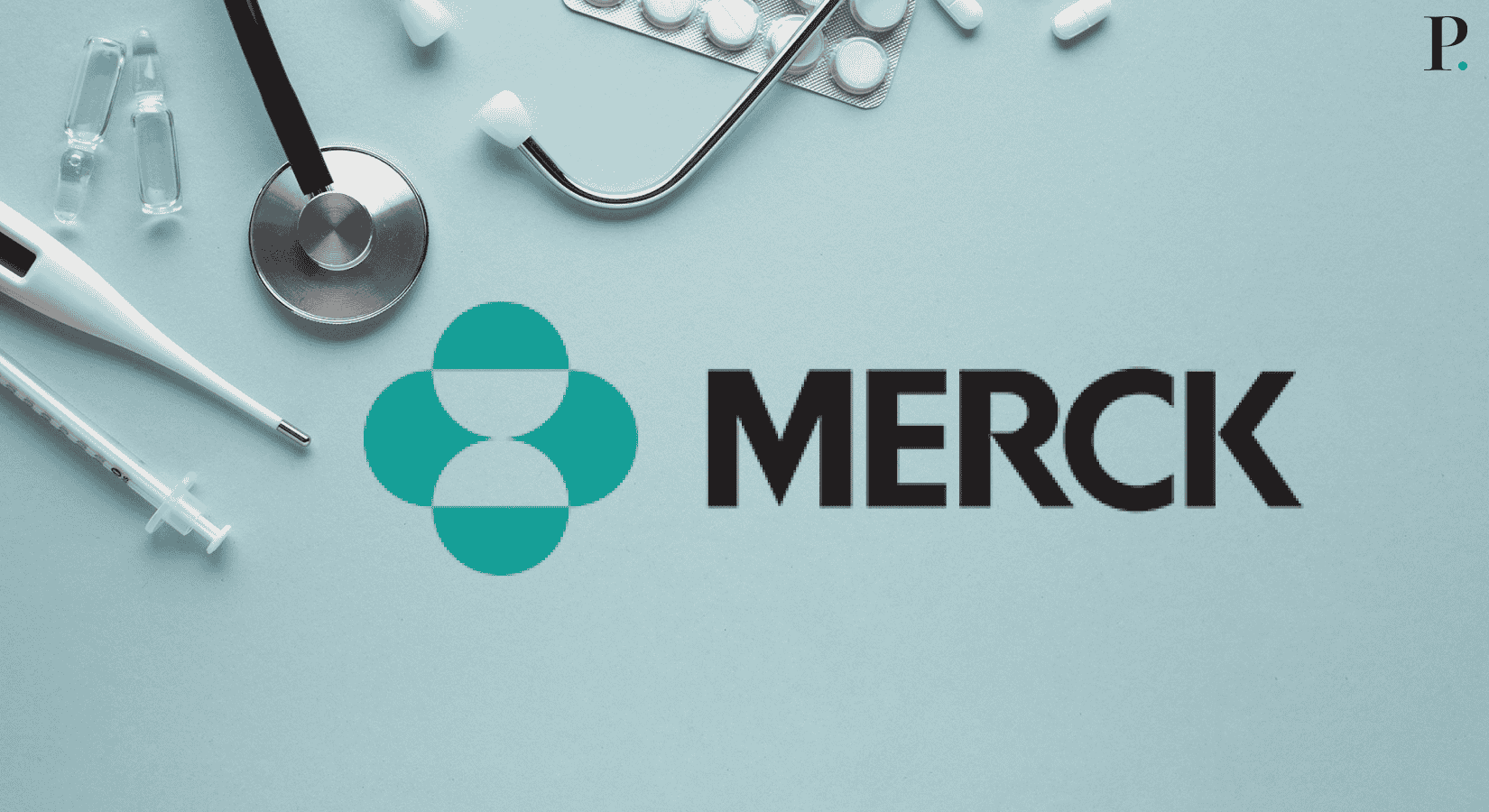Merck Opens $1B High-Tech Vaccine Manufacturing Facility In Durham, North Carolina
Merck opens a $1B vaccine plant in Durham, NC, boosting U.S. production with cutting-edge manufacturing tech.
Breaking News
Mar 12, 2025
Simantini Singh Deo

Merck, known as MSD outside the U.S. and Canada, has inaugurated an advanced, $1 billion vaccine manufacturing facility at its Durham, North Carolina, site. The facility spans 225,000 square feet; this new plant is part of the company's broader strategy to enhance its domestic production capabilities. This expansion reinforces Merck’s long-term commitment to investing in U.S. manufacturing and research, ensuring a steady supply of critical vaccines while supporting economic growth in the region.
Sanat Chattopadhyay, executive vice president and president of Merck Manufacturing Division, said in a statement, "Expanding our state-of-the-art manufacturing facility in Durham marks a significant milestone in our efforts to strengthen our production and manufacturing capabilities in the U.S. The cutting-edge technologies employed here empower our workforce and underscore our leadership in innovation to support patients everywhere."
Merck has invested more than $12 billion in U.S. capital projects since 2018, which are dedicated to manufacturing, research, and development, and the company intends to spend an extra $8 billion through 2028. Through a combination of innovative processes and advanced technology, the Durham facility functions as the strategic centre in vaccine manufacturing by enhancing both production efficiency and quality standards.
“This level of investment and commitment speaks so powerfully to the work we do here in Durham,” said Amanda Taylor, vice president and plant manager at the Merck Manufacturing Division site in Durham. “To see the pride and the energy of the people who work here and are helping drive this evolution in our capabilities is just phenomenal.”
The facility showcases advanced digital tools to process data analytics, generate artificial intelligence, and perform 3D printing, which represents improvements in pharmaceutical production facilities. Digital twin technology represents a main characteristic along with a replica of the virtual production system, which enables real-time simulations and employee training.
